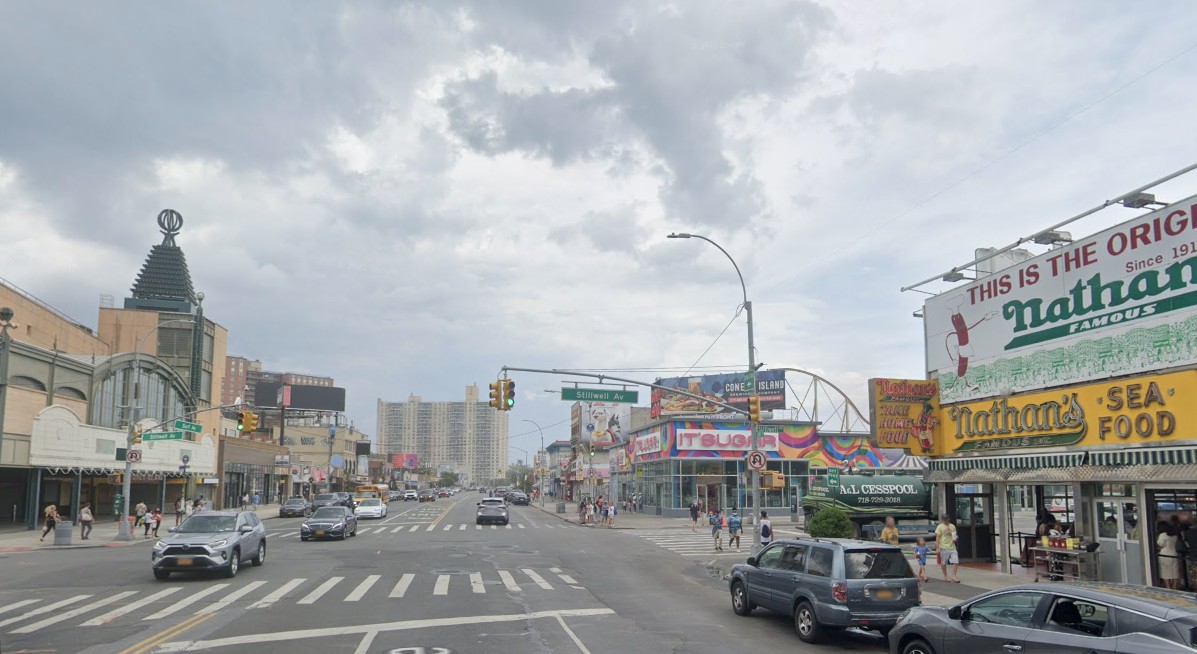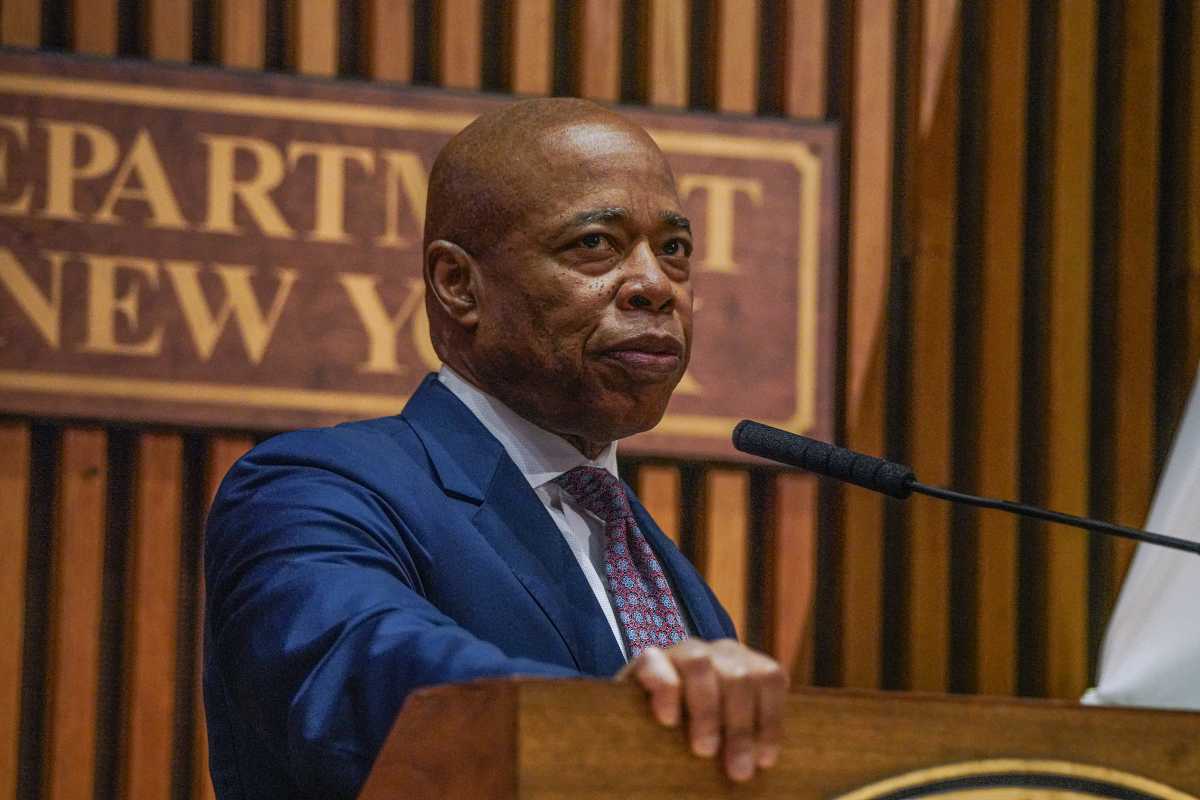State officials condemned Prospect Heights to 21 years of upheaval by ignoring the implications of giving Atlantic Yards developer Bruce Ratner more time to build his mega-development when they renegotiated their deal with the builder last summer, project opponents alleged in court on Tuesday.
Lawyers from a broad coalition of Atlantic Yards opponents made their argument in state Supreme Court in what is the final major case against the Empire State Development Corporation, the quasi-public agency supervising the project.
The plaintiffs’ main argument centered on Ratner’s extended buildout for his 16-skyscraper residential, retail and arena project, which was originally supposed to be done by 2016.
The terms of the summer renegotiation allow Ratner to complete the project by 2031 — yet the state did not conduct a new environmental review to determine if such a long buildout would have dire consequences for the neighborhood.
“When all you’re likely to get is an arena and maybe one or two buildings, you have to change your analysis,” said Jeffrey Baker, the attorney for Develop Don’t Destroy Brooklyn, an opposition group.
Lawyers for the ESDC and Ratner insisted that their new timetable for completing the project did not affect their previous environmental analysis from 2006.
“There is nothing that a supplemental Environmental Impact Statement would provide that we don’t already have,” said ESDC lawyer Philip Karmel. “It would not yield significant new information.”
Baker’s legal co-conspirator, Albert Butzel, who represented Brooklyn Speaks, chose a different method of attack, focusing on the consequences of the extended amount of construction.
“In this case, the worst-case scenario is not the completion of the project, it is how long the construction will last,” he said, claiming that the summertime renegotiation actually gives Ratner until 2033 to pay for the land on which he hopes to build.
Justice Marcy Friedman pledged to decide the case on an “expedited basis” — a likely reference to impending condemnation proceedings that will allow Ratner to demolish several key buildings in the project footprint. Fans of Freddy’s Bar, at the corner of Sixth Avenue and Dean Street, say they will violently resist the bar’s eviction.
In the last few months, Atlantic Yards opponents have watched Ratner and the ESDC overcome numerous obstacles on the way to finally commencing construction of the Barclays Arena, which will house the Brooklyn Nets and is the centerpiece of a larger project that remains very much in flux due to the economy.
Last week, the developer announced it would be permanently closing several roads around the arena footprint in February. And late last month, a state court shot down another lawsuit alleging that the MTA improperly renegotiated the sale of its Vanderbilt railyard last year to Ratner.
And also last month, Ratner sold $511 million in tax-free bonds for his basketball arena — roughly half the money needed to build it.
























